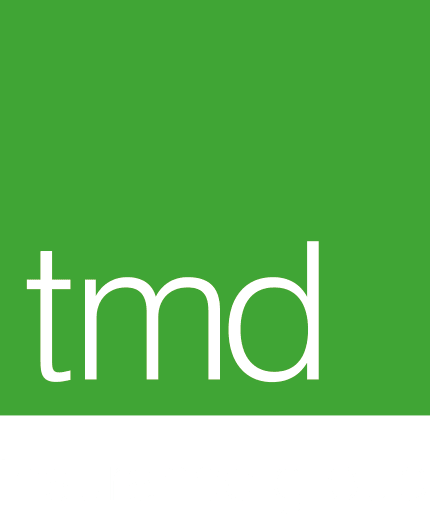Mental health crisis in the small business community

The impact of the pandemic, lockdowns and the increase in the late payment culture all contributed to creating a mental health crisis among the SME community, according to the latest findings by the Federation of Small Businesses (FSB), and the cost of living crisis now exacerbates this.
A recent survey of 1,000 business owners found that:
- A third (34%) say their mental health declined over the pandemic
- One in four (24%) currently has a mental health condition, such as anxiety, depression or post-traumatic stress (the figure rises to four in ten (43%) among disabled entrepreneurs
- One in seven (16%) of small business owners report having a mild mental health condition.
According to the latest Government figures, there are 5.5 million small businesses across the UK, which indicates that the mental well-being of 1,800,000 people has been impacted.
The research also highlights that small business owners are struggling to use the workplace health support provided by the Government. Only one in ten (13%) disabled business owners, or those with a health condition, have used the Access to Work Scheme and more than a third (35%) have not heard of the scheme. A quarter (25%) were unaware it is available to sole traders.
Mental Health Awareness Week
The 2022 Mental Health Awareness Week theme was loneliness, which is impacted by the UK’s poor payment culture. The FSB survey highlights how this affects mental wellbeing , with six in ten (62%) small business owners saying they were subject to late or non-payment after Covid hit, while wider studies underscore its isolating effect.
Estimates of the collective sum of unpaid invoices puts the figure at £140bn, and the FSB believes 400,000 small businesses are under threat because of poor payment practices. In addition, the cost to the average SME of having staff away from work, due to physical or mental health conditions, surpassed £3,500, which translates to an overall cost of £5bn to the small business community.
According to FSB Policy & Advocacy Chair, Tina McKenzie: “Over the years, we’ve seen how a worsening late payment culture…has sucked the joy out of running a small business for millions, leaving many feeling completely alone and forcing thousands to close….”
Here at TMD, we take the mental wellbeing of our staff and clients very seriously. We always fully support Mental Health Awareness Week and ensure our Mental Health First Aiders, Rachel Karn and Caroline Mooney, are always on hand if our employees wish to discuss any issue, whether large or small.
With the energy crisis, rising inflation and increased costs following on the back of Covid, the small business community is severely impacted. We would urge anyone with mental health issues to seek help rather than suffer alone. We recommend R;pple, an interceptive software tool designed to intervene when people are at their most vulnerable and searching for harmful material on the internet, providing hope and mental health resources they can utilise. To download and install, please click here.
For help and advice, please talk to your GP or such organisations:
Citizens Advice Bureau | MIND | NHS | Mental Health Foundation

